
The Japanese have shaped Tea Ceremony into the national morality, an art of living conveyed through the enjoyment of a cup of tea. Meanwhile, Vietnam - a leading coffee power in the world , has the best Robusta coffee beans in the world, has a long history of coffee enjoyment culture for hundreds of years, but until now, the value of Vietnamese coffee is still in the low segment, mainly exported raw and has not been properly shaped the inherent position of the industry and the country.
With the desire to bring the Vietnamese coffee industry to a new level, to enhance the value of coffee not only as a regular drink but also at the level of cultural coffee, artistic coffee, spiritual coffee... to philosophical coffee, worthy of the position of the world's coffee powerhouse - Trung Nguyen Legend Group has spent time and passion for many years to research the history, culture, art... of coffee in all areas of human life so that coffee becomes "Philosophical Coffee".
Throughout the journey of creation and development of Trung Nguyen Legend, the spirit of dedication to serving the community has always been the core through many action programs to create great aspirations and great directions; to build a new position for the Vietnamese coffee industry on the world coffee map.
The Japanese did it!
We Vietnamese can do it too and do it better!
Pioneer revolutionizing ecological agricultural thinking Ana Maria Primavesi
After World War II, the food crisis occurred seriously on a global scale, becoming the top concern of many countries. This urged scientists to research and create new high-yield varieties, resistant to intensive farming, and chemical fertilizers, pesticides, etc. to promote agriculture. This period was called the "Green Revolution".
However, the excessive development of the Green Revolution has created intensive "chemical" agricultural ecosystems, disrupting the natural ecosystem. Consequences such as soil degradation, pests, water pollution, etc. have led to a series of serious reactions on the environment, resources and social life.
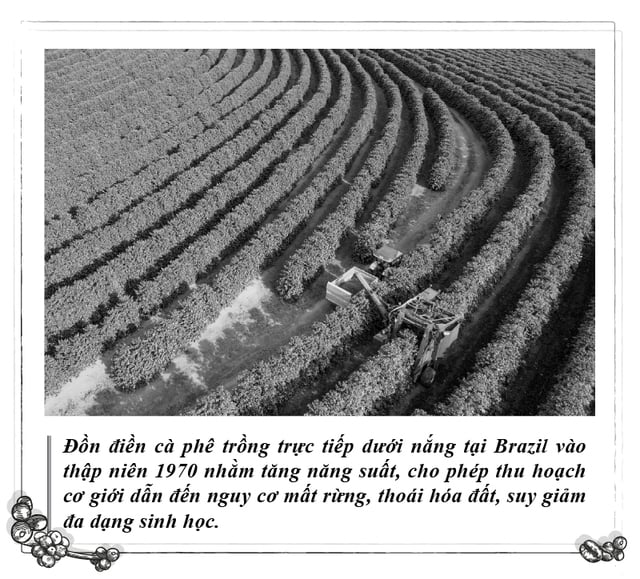
Some scientists have recognized the inevitable crisis that industrialized agriculture brings. Typically, agricultural scientist Ana Maria Primavesi (1920 - 2020) is considered a pioneer of ecological agriculture in Brazil and Latin America, laying the theoretical and practical foundations for sustainable farming in agriculture, promoting the sustainable development of ecosystems today.
Born into a peasant family in Austria, Primavesi learned the first principles of agriculture from her parents. During World War II, she was one of the few resilient women who overcame the prejudices of the time to pursue university studies in agronomy. In 1948, she emigrated to Brazil - a vast tropical country entering the "Green Revolution" period. It was here that she began to develop her scientific research career and opened the " agroecology " revolution.
Realizing the impact of the "Green Revolution" on the fertile tropical land that was being exploited excessively, Primavesi researched and developed the theory of ecological agriculture. Based on respect for soil structure, natural ecosystems, biodiversity, she pioneered a revolution in agricultural thinking at that time when "considering the soil as a living body" , focusing on ecological sustainability, soil health and community.

For Primavesi, ecological agriculture is not just a “technique” of replacing chemical fertilizers with organic fertilizers, but an agriculture that puts life at the center. That is, caring for the soil as caring for life itself; respecting the natural ecosystem instead of confronting it; creating a farming system that is in harmony with nature. Agriculture then becomes not only an economic activity, but also an ethical issue related to food, health and the future of humanity.
This ideology was still strange in the mid-twentieth century and was considered "unscientific" before the whirlwind of industrial agriculture. But Primavesi persisted in research, bringing his theory to farmers, building institutions, a network of courses, and organic associations to popularize and maintain large-scale ecological agricultural practices.
In his research, Primavesi proposed principles of farming based on the principles of soil and harmony with nature: keeping the soil green, preserving natural ecosystems and diversifying crops, minimizing chemicals and plowing.
She organized workshops, courses, and advocated for agroecology in São Paulo, Brazil’s economic and cultural center and the country’s oldest coffee-growing region. São Paulo’s coffee shops became spaces for Primavesi to share and discuss agroecology ideas, connecting intellectuals, researchers, and policymakers.
From 1961 to 1974, while teaching at the Federal University of Santa Maria, Primavesi trained the first generation of organic agricultural researchers and practitioners in Brazil. Through exchanges and debates between lecturers, students and farmers in Santa Maria cafes, she systematized the curriculum, bringing agroecological ideas from the laboratory to practice.

Not only does she research, Primavesi also directly guides, lives and practices with farmers. The farm in Itaí - São Paulo, where Primavesi has lived and worked for more than 30 years, has been restored from arid, heavily eroded and waterless land into an agroforestry ecosystem with streams, natural forests and organic farming, rotating corn, beans, and rice to improve the soil and grow coffee.
In 1979, Primavesi's "Manejo Ecológico do Solo" (Ecological Management of Soil) was published, becoming a classic handbook for generations of farmers, scientists, and environmental activists. Translated into 20 languages, the work has become a must-read for anyone studying tropical soils and agroecology. Primavesi has been recognized by the Food and Agriculture Organization of the United Nations and the international community as one of the pioneering voices of global agroecology .
Agroecological principles in the coffee industry towards a sustainable future
Researched and developed in Brazil, Ana Maria Primavesi's principles of ecological agriculture not only have a profound influence on crop production, but are also highly applicable in the coffee industry. In particular, in 1970, she published the subject Café organicico , which guides planting techniques to help improve coffee quality and contribute to creating an "ecological coffee culture" . Accordingly, not only high-quality coffee beans but also the revival of the local ecosystem, bringing benefits to the community from a clean environment and a sustainable production model.

Primavesi's principles of plant diversity, shade and material regeneration cycles not only protect the soil but also protect the large ecosystem and the livelihood of farmers have become the scientific basis, the theoretical foundation for developing agroforestry models, organic agriculture, and regenerative agriculture in the coffee industry. At the same time, these principles also lay the foundation for sustainable coffee production models, certification standards such as Rainforest Alliance, Fair Trade, UTZ Certified, or Organic Coffee...
In the history of the world, coffee is a special drink, a catalyst for creating most of the important ideas, inventions and initiatives such as: laying the foundation for establishing a space for free social communication, being the energy of awakening and creativity in the age of enlightenment and the industrial revolutions, scientific revolutions. Coffee has been and is the energy that connects cultures and civilizations, gathering an elite force regardless of age, gender, religion, nationality, and is loved globally.
In the context of the world economy shifting to a green economy, a creative economy with the core being the capacity for innovation and creativity..., coffee will be the main connecting energy. In particular, when cultivated in harmony with the environment, coffee will be a sustainable energy, limiting ecological imbalance, speculation and unfair trade, pioneering the opening of a sustainable development future for the community. Primavesi's principles of ecological agriculture that put "life at the center" will therefore be the foundation for sustainable development for the coffee industry, becoming a model promoting a balanced lifestyle between humans and nature.

To date, agroforestry models based on ecological agricultural principles in Brazil have helped reduce carbon emissions, improve soil fertility, increase ecosystem efficiency and productivity. Colombia also invested in the "Cenicafé" program, researching pest-resistant coffee varieties, chemical-reduced cultivation areas, and supporting conversion to Rainforest Alliance standards. Ethiopia developed the "forest coffee" model, exploiting coffee trees growing naturally under the forest canopy, both conserving biodiversity and preserving local traditions. India promoted "shade coffee" raw material areas, where coffee trees live in harmony with the forest ecosystem, supporting biodiversity and combating climate change.
Coffee has been playing a diverse role in the development of livelihoods, ecological landscapes as well as the economic, cultural and social life of many countries and regions in the world. In the context of the world facing many crises, Ana Maria Primavesi's ecological agricultural principles that put "life at the center" are not only the foundation for sustainable coffee agriculture, but also open up the future for the coffee industry to become a solution, a pioneering model for the harmonious and sustainable development of the community.
In Vietnam, many initiatives and activities to promote standards for sustainable coffee growing and production have been implemented with the comprehensive cooperation of the government, state, localities, organizations and enterprises. Notably, the initiative " Comprehensively circularize and integrate the coffee production chain " in the "7 initiatives for the global coffee industry" proposed by Founder - Chairman of Trung Nguyen Legend Group Dang Le Nguyen Vu in 2012 at the World Economic Forum. The construction of a closed coffee production chain, organized in a circle, not creating waste harmful to the environment, optimizing production resources at each stage, as well as researching, developing, applying and commercializing coffee processed products are being invested in and deployed by localities and enterprises.

Always taking the lead in implementing comprehensive strategies, Trung Nguyen Legend has continuously realized "7 initiatives for the global coffee industry" , contributing to promoting sustainable development of the coffee industry, bringing prosperity to the related community. In particular, with the efforts to develop a comprehensive coffee ecosystem from products, models, and projects according to the core values of coffee, Trung Nguyen Legend has pioneered the Coffee Dao philosophy created by Founder - Chairman Dang Le Nguyen Vu, aiming at a humane lifestyle, harmonious development between people and people, people and nature.

Read the next issue: Coffee and ecotourism
Source: https://thanhnien.vn/ky-113-nong-nghiep-sinh-thai-trong-su-phat-trien-ben-vung-nganh-ca-phe-toan-cau-185250908225618875.htm





![[Photo] Impressions of the Can Gio Whale Festival](https://vphoto.vietnam.vn/thumb/1200x675/vietnam/resource/IMAGE/2025/10/09/1759984089762_image12334-5642-jpg.webp)
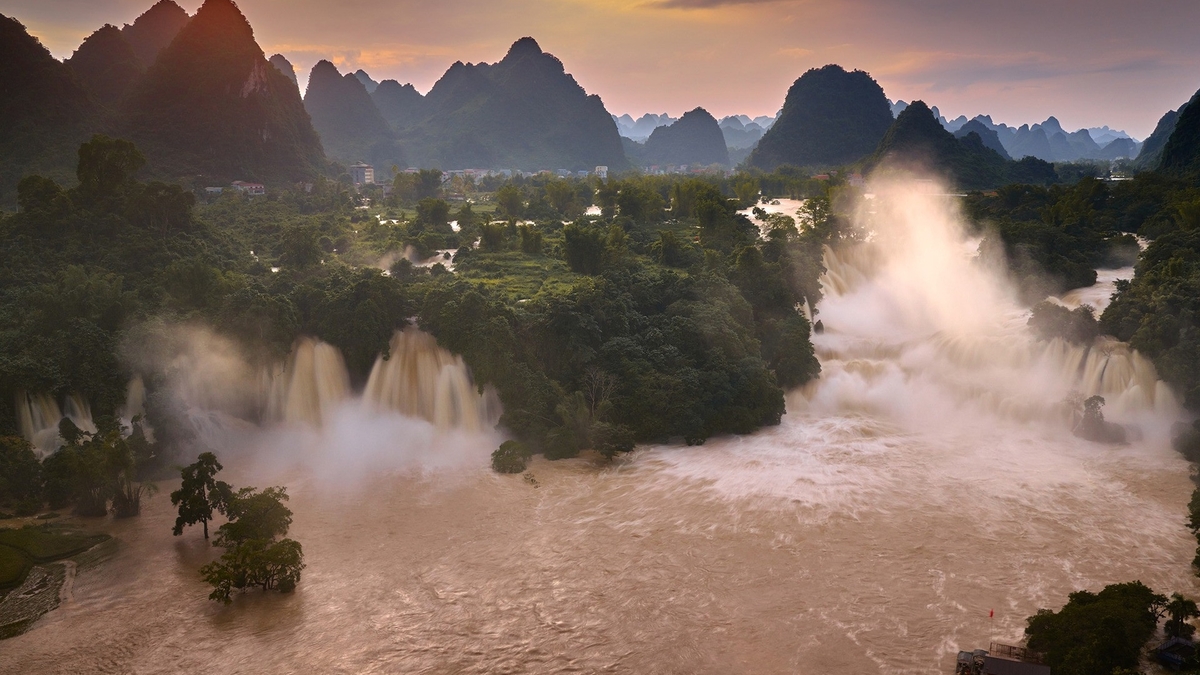










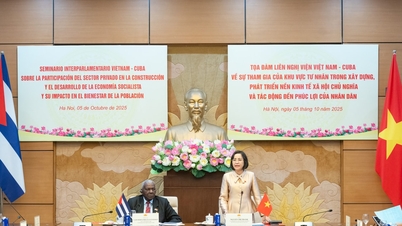
















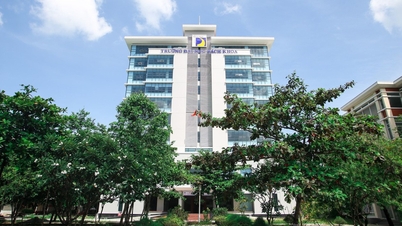


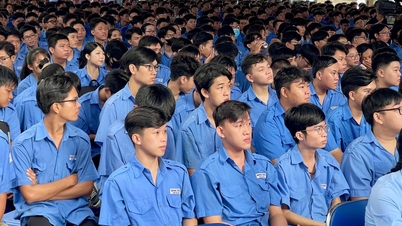
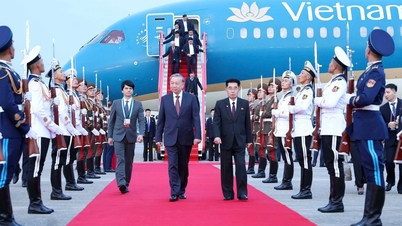























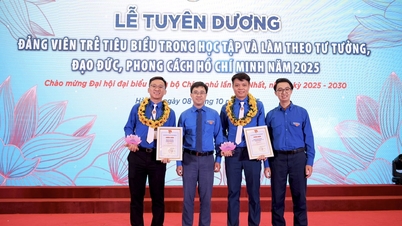
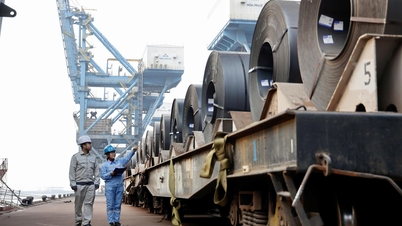




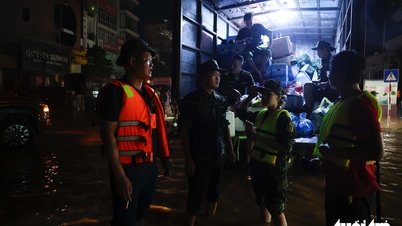















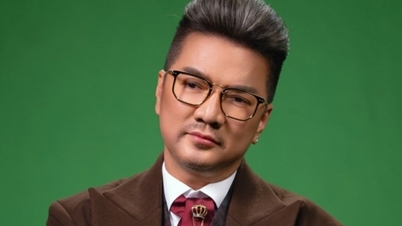

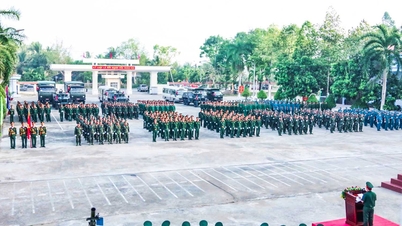



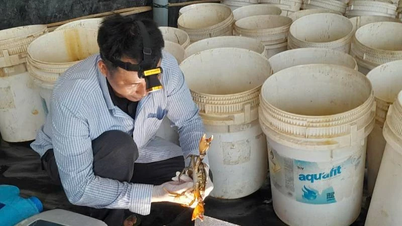








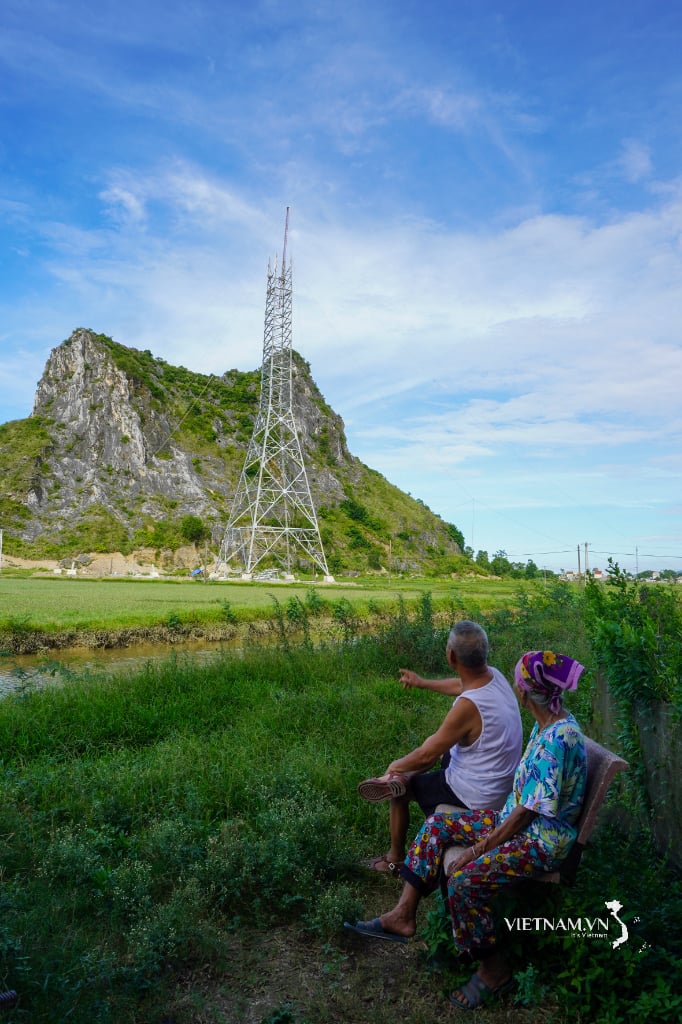
Comment (0)